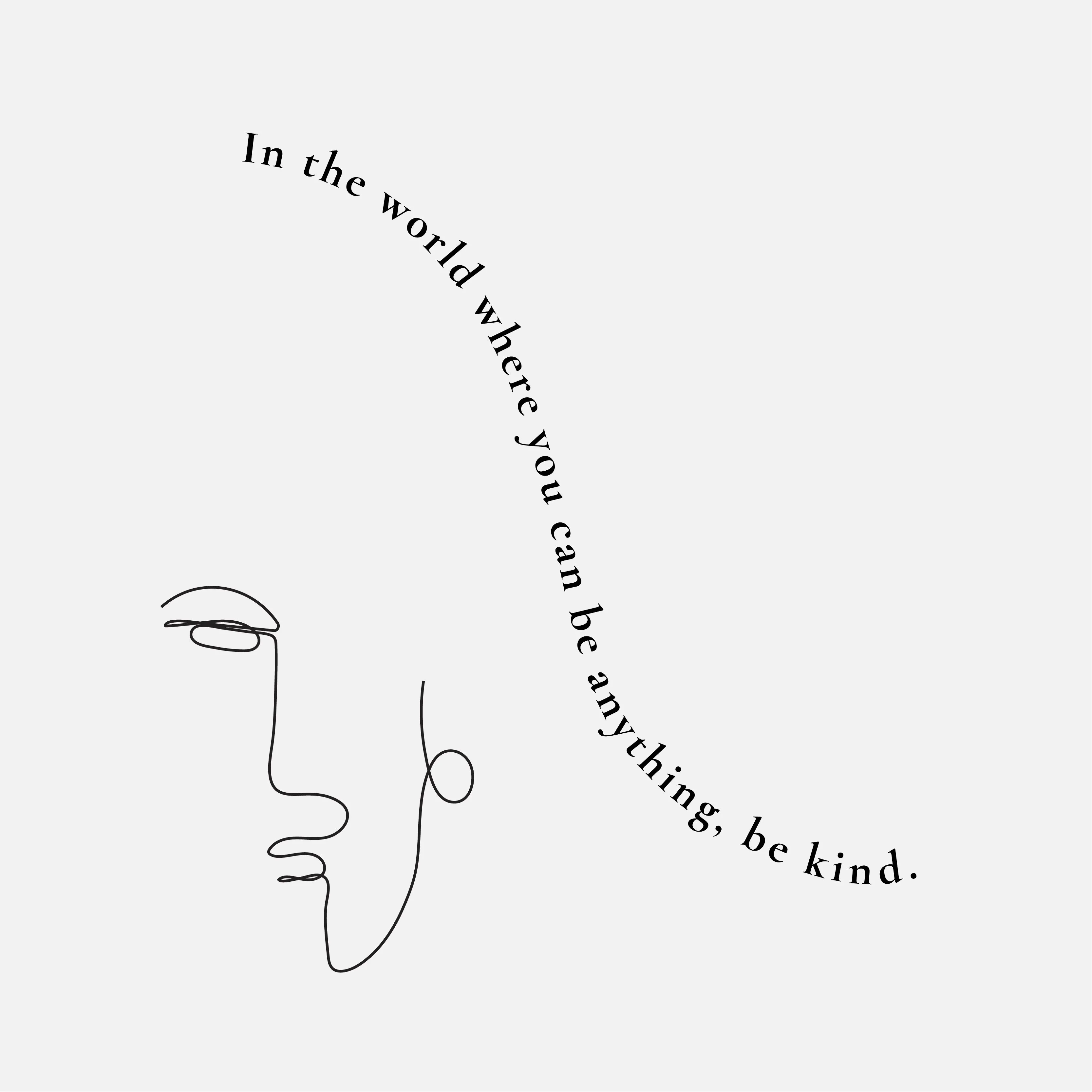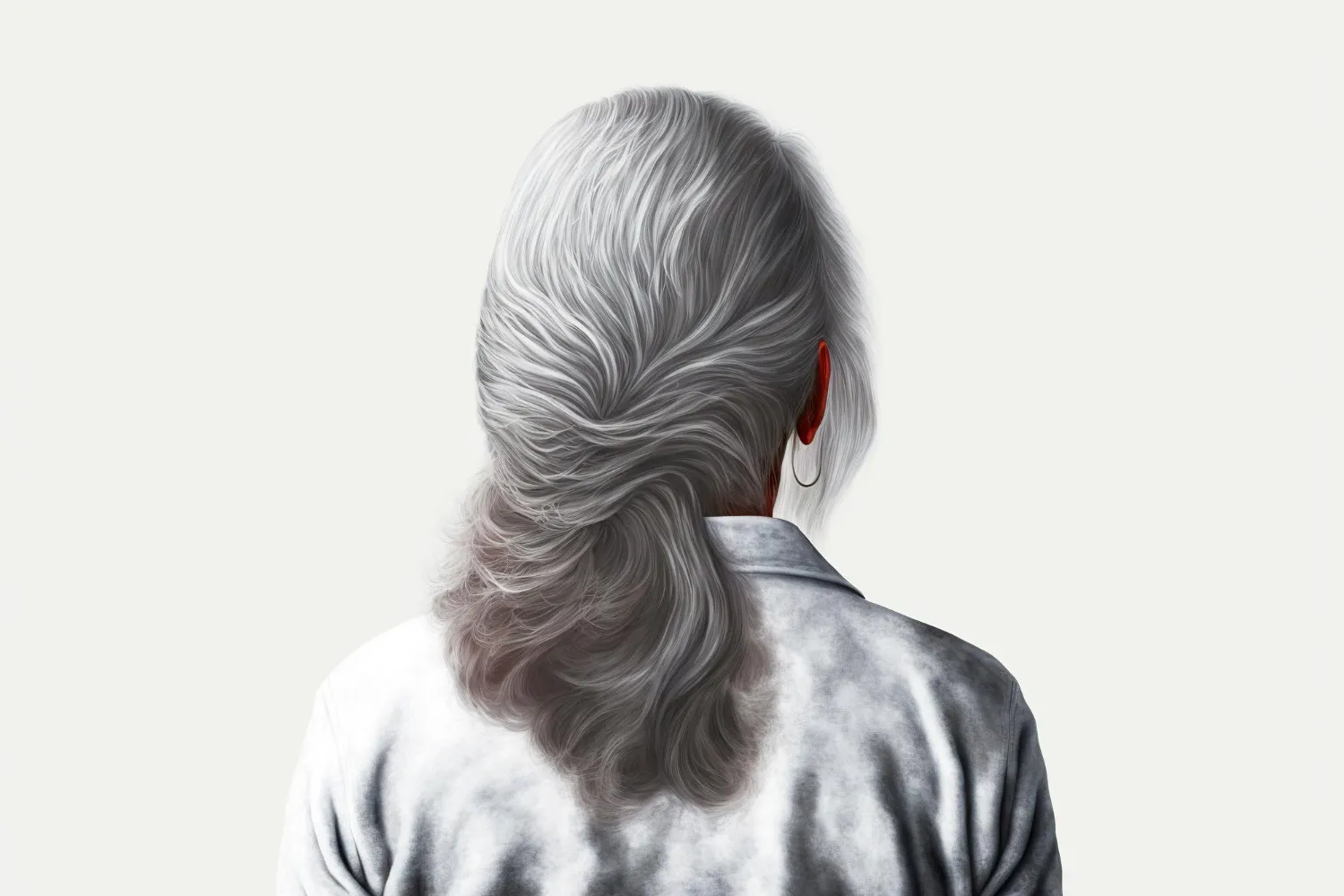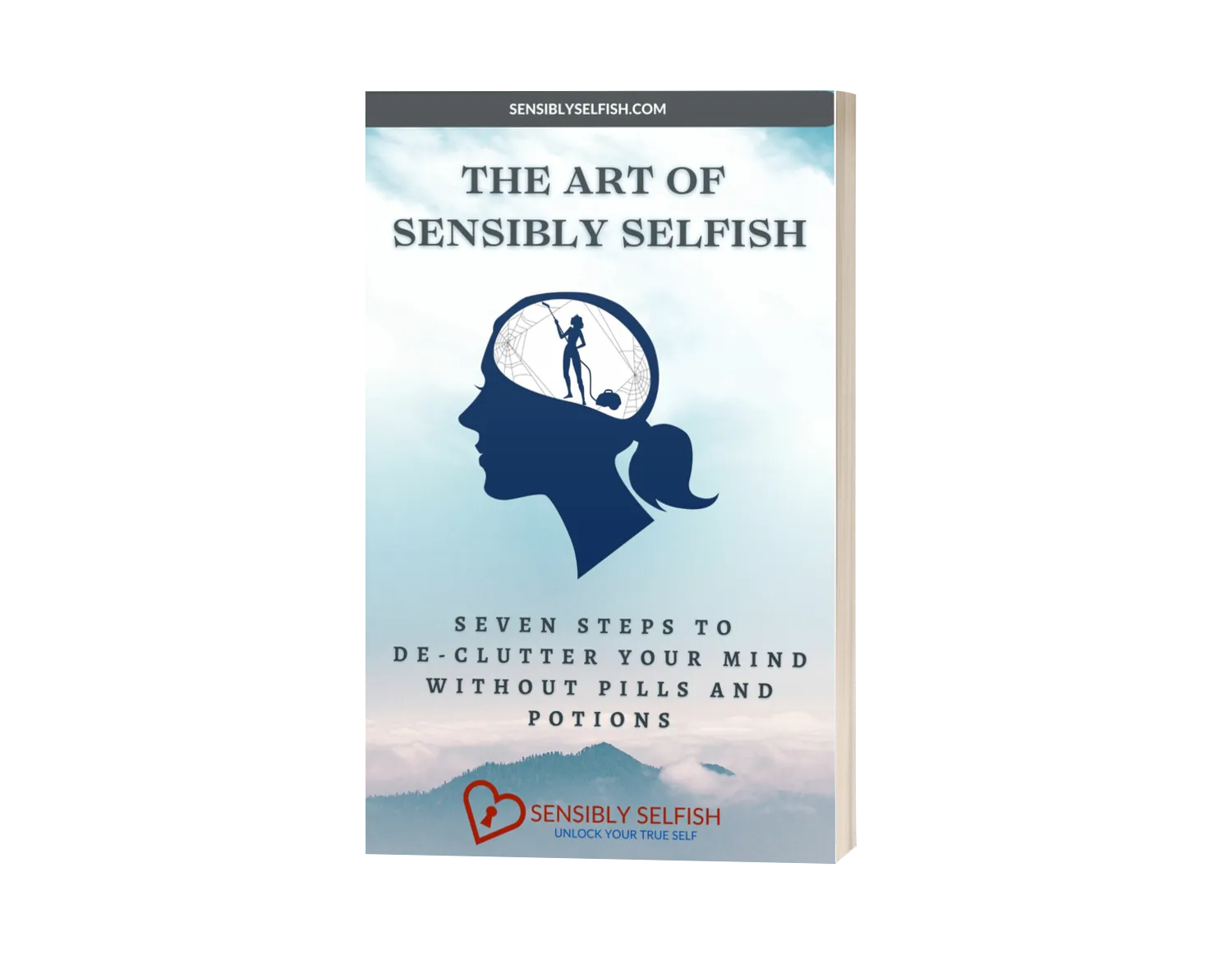The Minimalism Vs. Simplicity Showdown
Which Lifestyle Reigns Supreme?
[Toc]
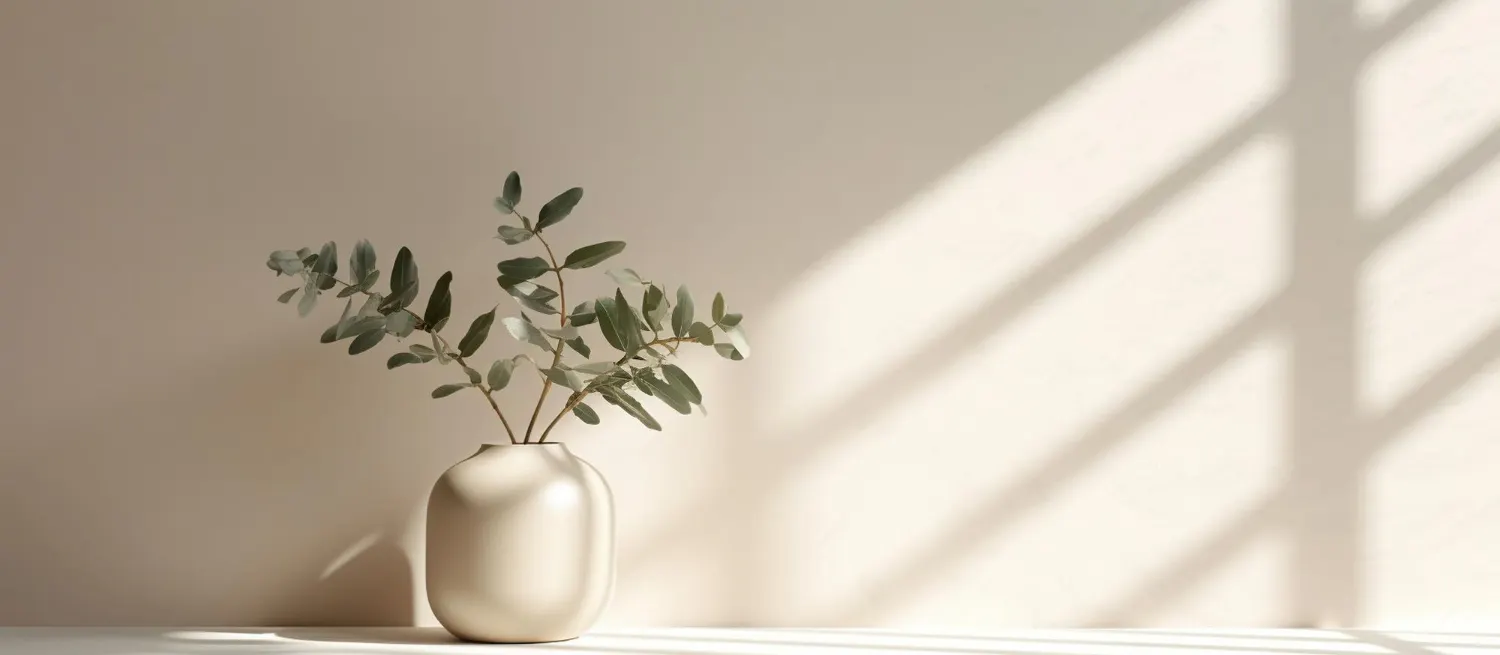
In a world drowning in material excess and constant distractions, have you ever wondered if a simpler, more intentional way of living could hold the key to a more meaningful existence?
Picture a life with fewer possessions but richer experiences—where owning less becomes a path to finding more. Is it possible that the pursuit of minimalism and simplicity might offer a remedy for the complexities of modern living?
While consumer culture bombards us with messages of "more is better," a growing movement is challenging the status quo, advocating for a radical shift towards minimalism and simplicity. Are you ready to explore the stark differences between these lifestyle choices and the profound impact they can have on your life and the world around you?
Understanding Minimalism
Minimalism is a lifestyle choice focused on reducing material possessions and essentials. It encourages individuals to detach themselves from the consumerist culture of modern society.
Various philosophical and artistic movements, such as the minimal art movement of the 1960s, sought to strip away unnecessary elements and highlight the essence of form, creating the roots of minimalism.
At the core of minimalism lies the principle of decluttering. The minimalist lifestyle urges people to let go of belongings that no longer serve a purpose or bring genuine joy. By eliminating excess, minimalists can better appreciate the items and experiences they genuinely value. The motto "less is more" resonates deeply with minimalists, who understand that by complimenting their physical surroundings, they can create mental space for more meaningful pursuits.
Minimalism is not just about owning fewer possessions; it's a mindset that extends to all aspects of life. Advocates of minimalism often emphasize the importance of focusing on experiences, relationships, and personal growth over the accumulation of material wealth.
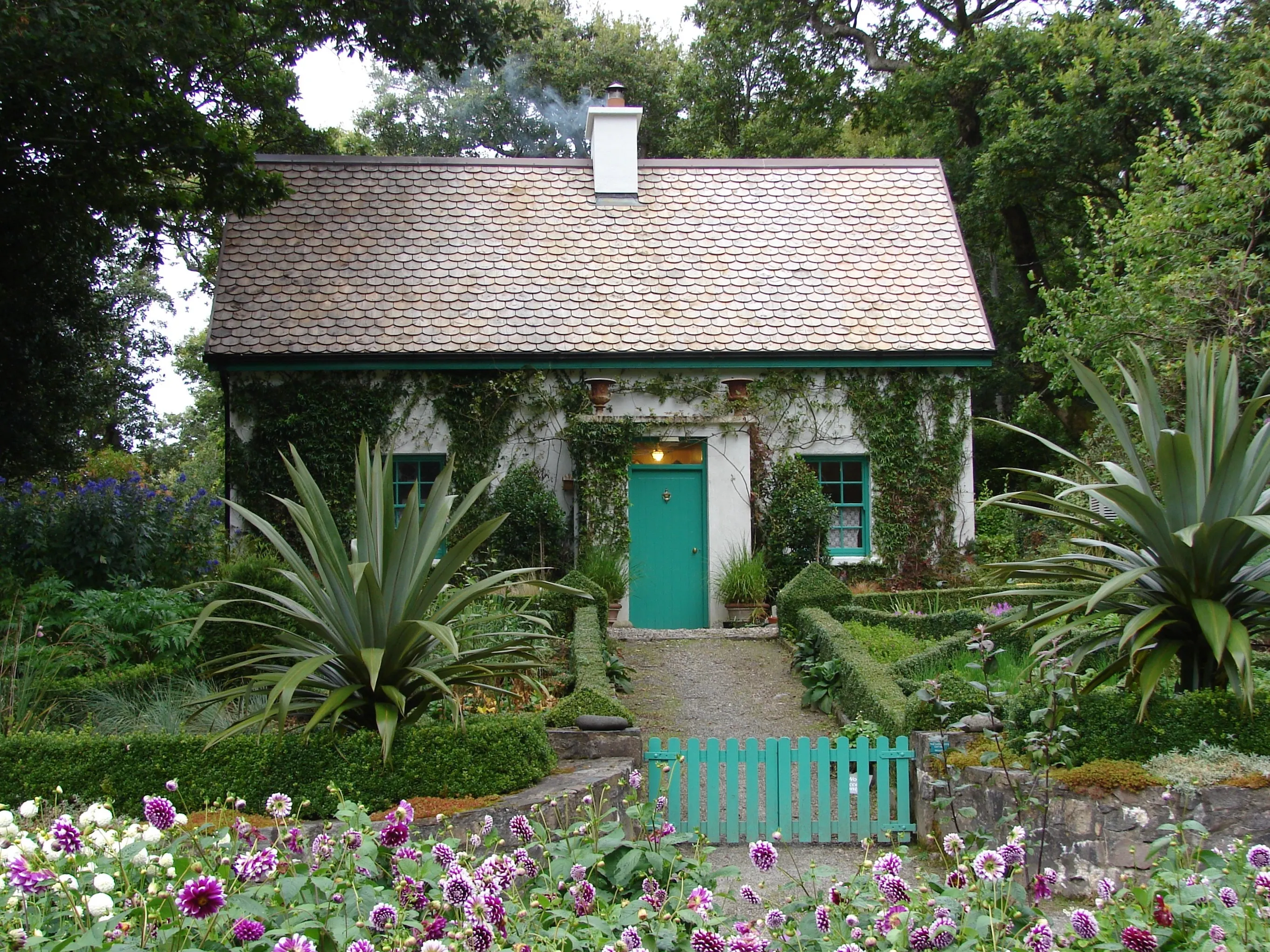
Approaches to Minimalism
The minimalist lifestyle manifests in various approaches that enable individuals to tailor their journey to their preferences and needs. One of the most well-known aspects is the idea of a "tiny house." Tiny houses are compact, often mobile, living spaces that embrace simplicity in their design and function. Tiny-house living reduces environmental impact and encourages inhabitants to prioritize.
Another prominent aspect of minimalism is the concept of a "capsule wardrobe." This practice involves curating a collection of versatile and timeless clothing items, reducing the overall number of pieces while ensuring that each item can be mixed and matched. A capsule wardrobe streamlines daily choices, minimizes the time spent deciding what to wear, and promotes mindful consumption.
Digital minimalism is gaining traction in the digital age, emphasizing the intentional use of technology to minimize distractions and foster more meaningful connections. Digital minimalists may limit their time on social media, unsubscribe from unnecessary emails, and curate their digital spaces to support their values and interests.
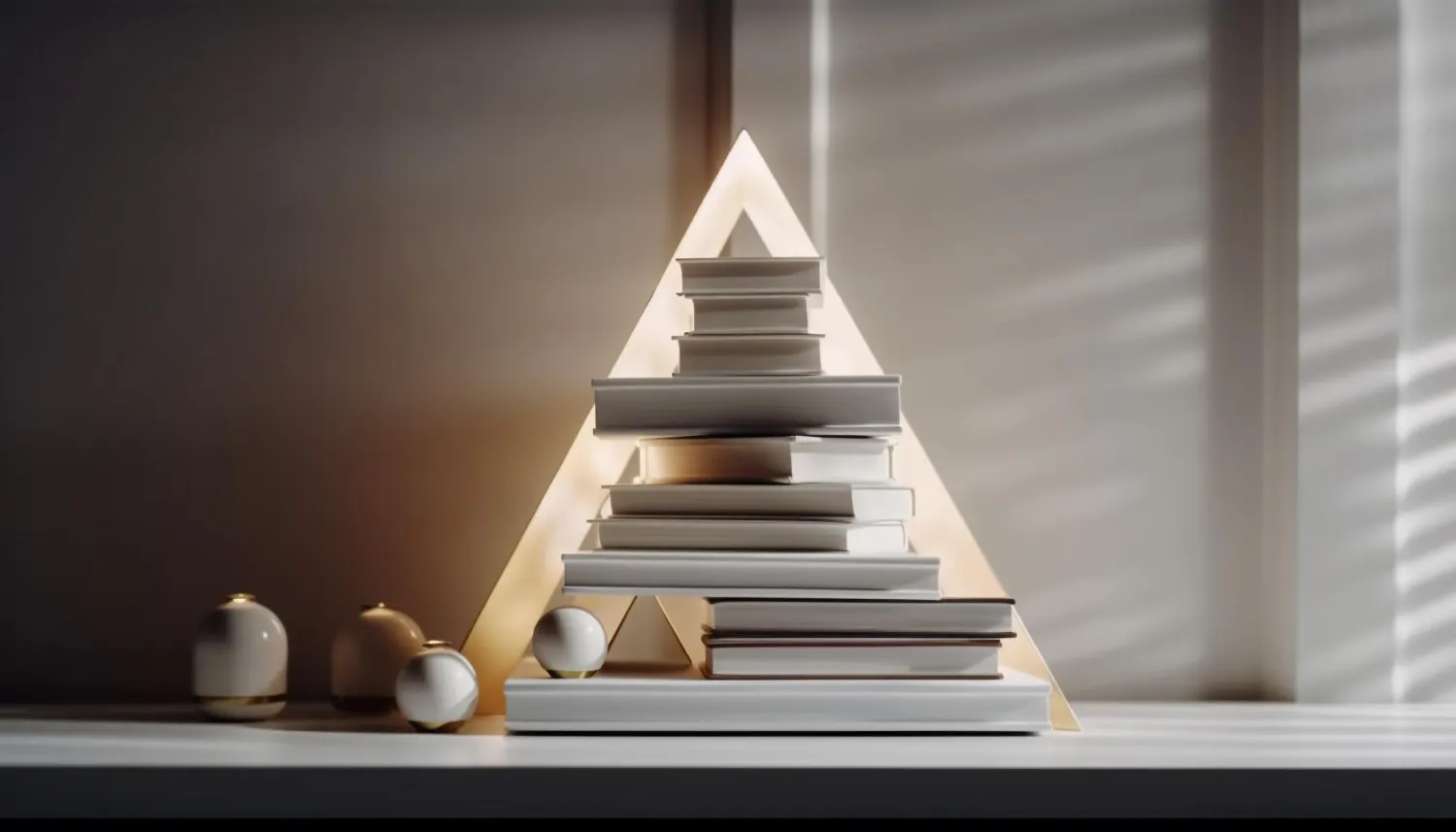
Embracing Simplicity
Simplicity embraces a lifestyle of essentialism, finding value in the basics and rejecting unnecessary complexity. Cultures and philosophical traditions throughout history talk of simplicity. From the ancient teachings of Taoism and Buddhism to the simplicity movement of the 19th century, the pursuit of less has been considered a path to enlightenment and contentment.
At its essence, simplicity is about embracing a life of moderation and balance. It encourages individuals to focus on what truly matters. By discerning between essential and non-essential elements, advocates of simplicity strive to eliminate distractions that hinder personal growth and a sense of fulfillment.
Simplicity extends beyond material possessions; it encompasses relationships, commitments, and daily routines. By consciously choosing to engage in activities that align with their values, proponents of simplicity can find more time and energy for meaningful connections and personal pursuits.

Simplicity in Daily Life
Simplicity extends beyond material possessions to encompass various aspects of daily life. To embrace simplicity, individuals can start by decluttering their schedules and commitments. Being selective about engagement creates room for activities that bring joy and fulfillment. This intentional approach to time management allows individuals to focus on their passions and strengthen their sense of purpose.
Incorporating simplicity into relationships involves being mindful of the people one chooses to spend time with. Cultivating genuine connections and prioritizing meaningful conversations can lead to more fulfilling interactions and a stronger sense of community. Embracing simplicity in relationships also means setting healthy boundaries and recognizing when certain connections no longer align with personal growth.
Simplifying daily routines can significantly impact well-being. By embracing mindfulness practices such as meditation, yoga, or simple moments of reflection, individuals can reduce stress and anxiety while promoting a deeper sense of presence. The act of savoring small moments and experiences allows individuals to find joy in the simplicity of life.
[CTA]
Case Study: Sue
Meet Sue, a woman who decided to embark on an extraordinary journey after her kids left home. Feeling a deep longing for change and self-discovery, she made a daring choice—to walk the Camino de Santiago. With determination in her heart, Sue packed a mere 7 kilograms of essentials for her 30-day pilgrimage.
Throughout her trek, Sue learned the true value of minimalism. As she navigated rugged terrain and embraced simplicity, the weight of her physical possessions paled in comparison to the emotional baggage she had carried for years. The experience ignited a profound transformation within her. Walking 25 km every day gave Sue clarity, self-discovery, and a renewed sense of purpose.
Upon returning home, Sue felt compelled to extend her newfound lifestyle. She downsized her spacious house, opting for a cozy, clutter-free sanctuary. Embracing minimalism, she decluttered her belongings, cherishing only what held genuine meaning. Sue handled letting go of sentimental items, surprisingly well, instead of depressing her, it created a feeling of mental calm and well-being.
Sue Said “One of the upsides of all my work was my environmental footprint score. I have reduced my carbon footprint, waste generation, and consumption patterns, yet know there is so much more I can do”.
Inspired by her journey, Sue also examined her relationships. She prioritized the connections that enriched her life and let go of toxic ties that no longer served her well-being. Embracing a life of simplicity, Sue found fulfillment in the essentials and nurtured a sense of peace she had never known before.
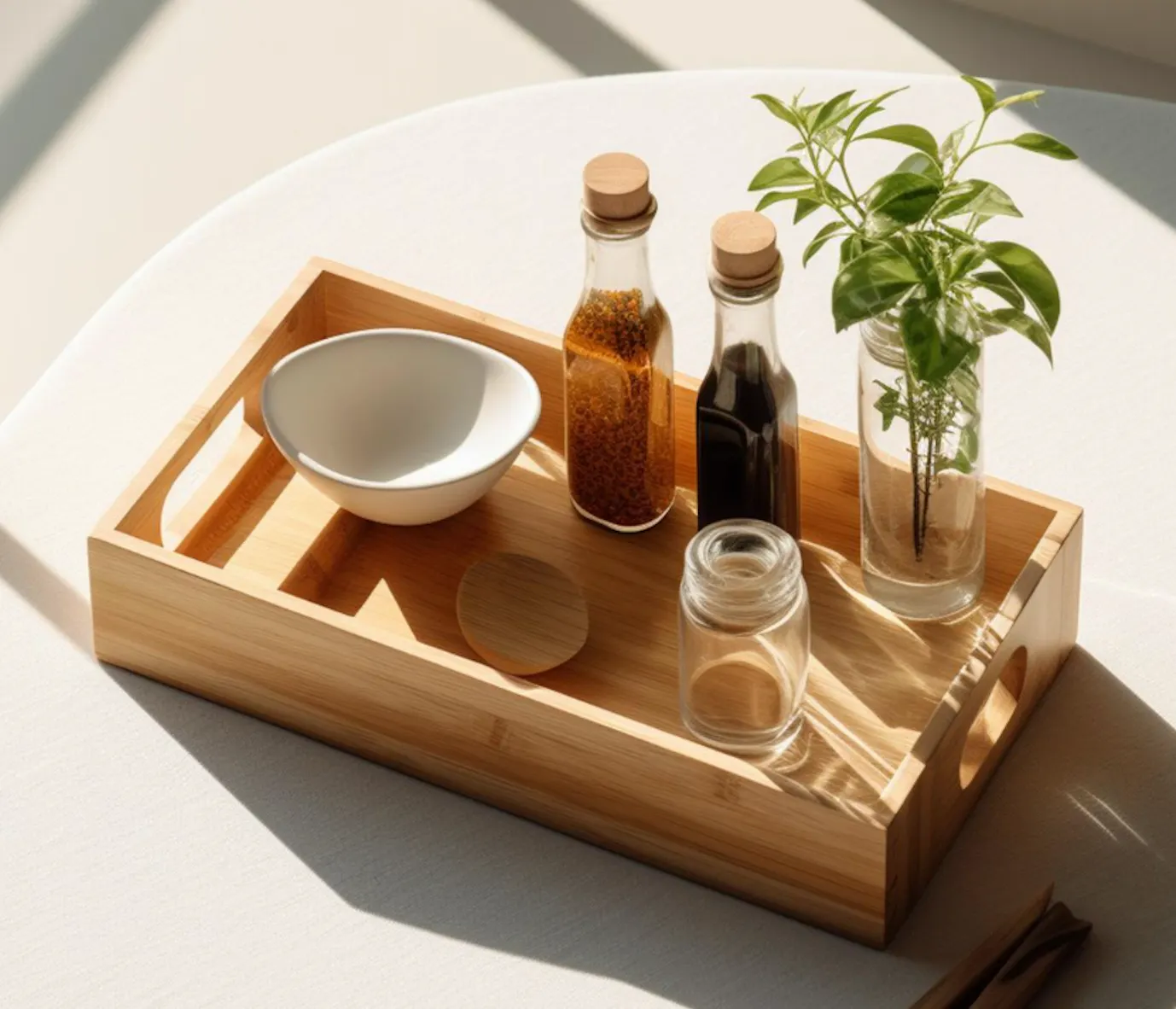
The Relationship Between Minimalism and Simplicity
Although minimalism and simplicity are distinct concepts, they share common ground - a more intentional and fulfilling life. The two lifestyles complement each other, and individuals may find that they naturally incorporate elements of both into their lives.
Minimalism's emphasis on decluttering and reducing material possessions aligns with simplicity's focus on essentialism. Individuals can create space for a more straightforward and purposeful existence. Minimalism also encourages mindfulness in consumption, urging individuals to be intentional about the items they bring into their lives, which incorporates the values of simplicity.
On the other hand, simplicity's focus on moderation and balance complements minimalism's philosophy of "less is more."
What Both Are Not
Addressing potential criticisms of minimalism and simplicity is essential to provide a well-rounded view of these lifestyle choices. One common criticism of minimalism is that it promotes a stark and austere existence, devoid of personality and warmth. However, advocates argue that minimalism is not about stripping life of joy or sentimentality but rather about eliminating excess and focusing on what truly matters.
By surrounding themselves with cherished possessions and cultivating meaningful relationships, minimalists find that their lives become richer and more purposeful. Similarly, simplicity has faced criticism for being overly idealistic, with detractors claiming that it oversimplifies life's complexities. Nevertheless, proponents of simplicity contend that its goal is not to avoid challenges but to confront them with a clear mind and a discerning heart.
Embracing a simpler lifestyle can lead to greater resilience, improved decision-making, and increased contentment. By addressing these criticisms and offering thoughtful responses, we can better appreciate the transformative power of minimalism and simplicity in enhancing our lives.

Practical Steps Begin
To embark on a minimalist/simplistic lifestyle, chose from the list below and begin. Work on those that resonate with you, one at a time to avoid overwhelm.
1. Assess Your Values: Reflect on what truly matters to you in life. Identify your core values and priorities to guide your journey toward minimalism and simplicity.
2. Declutter Your Physical Space: Start by decluttering your living space. Donate or sell items you no longer use or need, keeping only what brings genuine joy and serves a purpose. Avoid sending them to landfill.
3. Create a Capsule Wardrobe: Curate a capsule wardrobe with versatile and timeless clothing items. Streamline your closet to reduce decision fatigue and focus on quality over quantity.
4. Limit Digital Distractions: Set boundaries for technology usage. Unsubscribe from unnecessary emails, limit social media time, and organize digital files to create a clutter-free digital space.
5. Practice Mindfulness: Embrace mindfulness in your daily life. Take moments to pause, breathe, and appreciate the simple pleasures in each day.
6. Evaluate Relationships: Assess your relationships and prioritize those that nurture your well-being and personal growth. Consider letting go of toxic connections that drain your energy.
7. Mindful Consumption: Be intentional about your purchases. Ask yourself if an item aligns with your values and if it truly adds value to your life before buying it.
8. Limit Commitments: Assess your commitments and focus on those that align with your passions and goals. Saying "no" to non-essential activities frees up time for meaningful pursuits.
9. Embrace Essentialism: Adopt essentialism as a guiding philosophy. Identify the few activities or pursuits that truly matter and let go of the rest.
10. Downsize Living Space: Consider downsizing your home to a space that better suits your needs and promotes a simpler, more manageable lifestyle.
11. Mindful Eating: Practice mindful eating by savoring each bite and choosing nourishing, whole foods. Avoid excessive consumption and reduce food waste.
12. Practice Gratitude: Cultivate gratitude daily. Focus on the positive aspects of your life and appreciate the abundance around you.
13. Unplug Regularly: Take time to unplug from technology and spend time in nature, engage in hobbies, or connect with loved ones face-to-face.
14. Set Clear Intentions: Define your minimalism/simplicity intentions and create a plan to achieve them. Having clear objectives will keep you motivated on your journey.
15. Seek Community Support: Connect with like-minded individuals on social media or local meetups to share experiences and gain inspiration from others on a similar path.

Start Today
Embracing minimalism and simplicity offers a myriad of benefits that can positively impact various aspects of life.
Firstly, these lifestyles foster a sense of clarity and focus, enabling individuals to declutter both their physical spaces and mental states. By reducing distractions and eliminating unnecessary possessions, one can cultivate a more organized and tranquil environment, leading to enhanced productivity and creativity.
Secondly, minimalism and simplicity promote financial freedom and reduced stress. With decreased spending on non-essential items and a focus on mindful consumption, individuals can save money, pay off debts, and experience a heightened sense of financial security. Moreover, these lifestyles encourage a greater appreciation for experiences over material possessions, leading to more meaningful connections and enriched relationships with others. By valuing quality time and genuine connections, individuals can nurture deeper bonds and a stronger sense of community.
Finally, minimalism and simplicity have a positive impact on the environment, as they often involve reducing waste, recycling, and choosing sustainable products. By adopting these lifestyles, individuals can contribute to a more eco-friendly world, leading to a sense of fulfillment from making a positive difference.
Overall, the benefits of minimalism and simplicity extend far beyond the material realm, fostering a balanced, purpose-driven, and contented way of living. Adopting a minimalist/simplistic lifestyle is a gradual process. Be patient with yourself and allow room for growth and evolution as you discover what works best for you.


